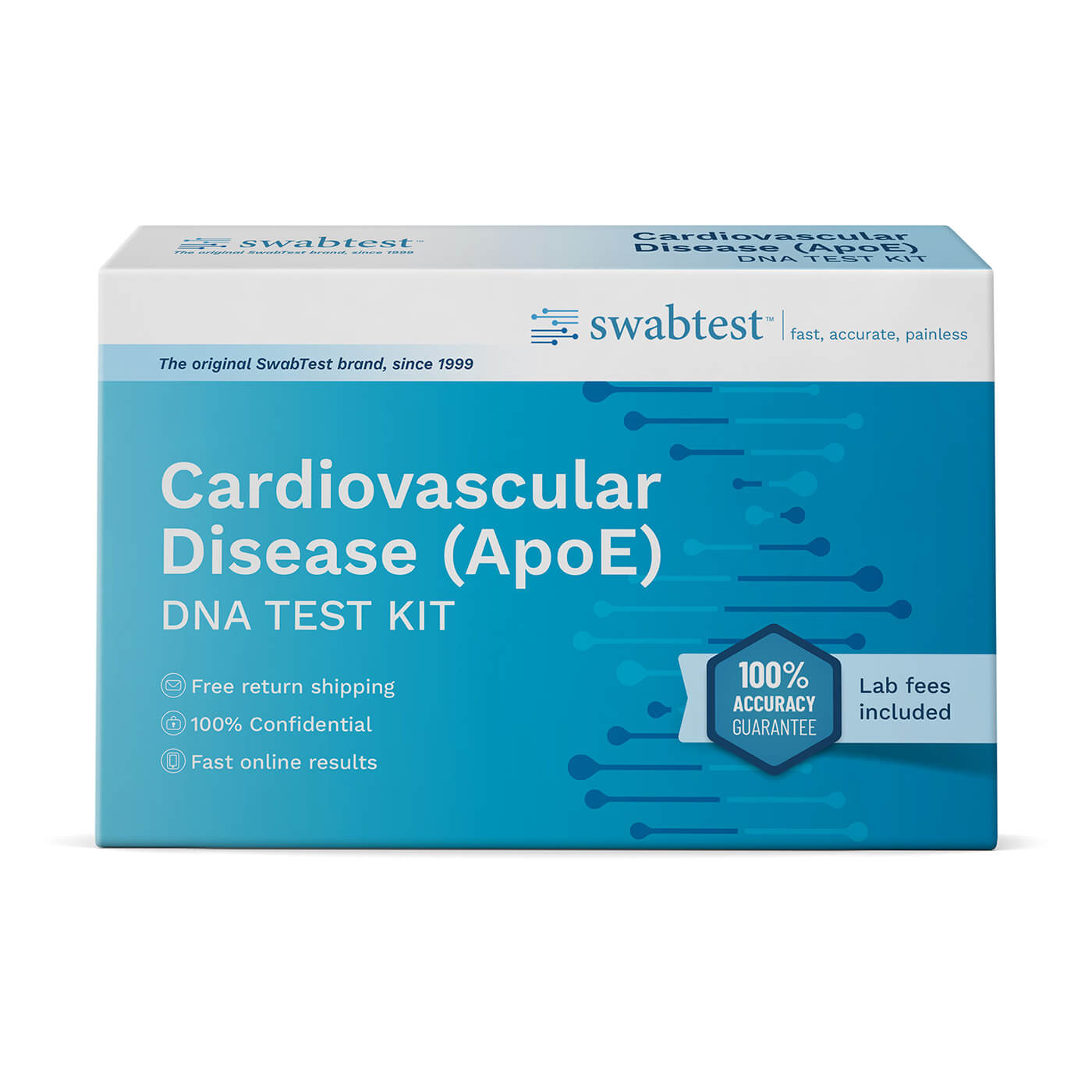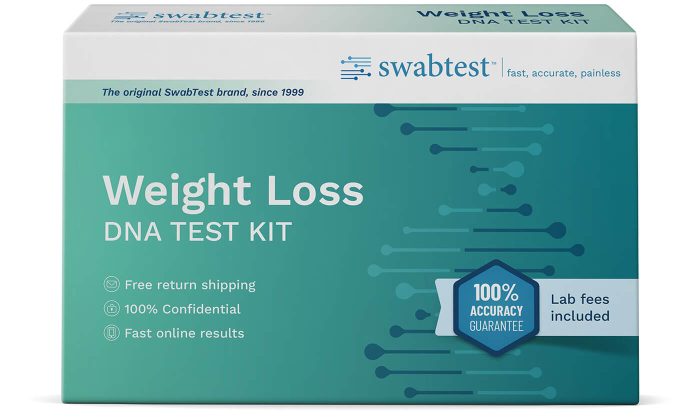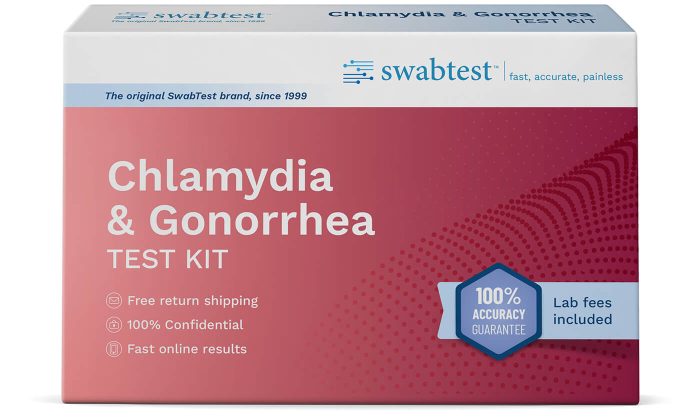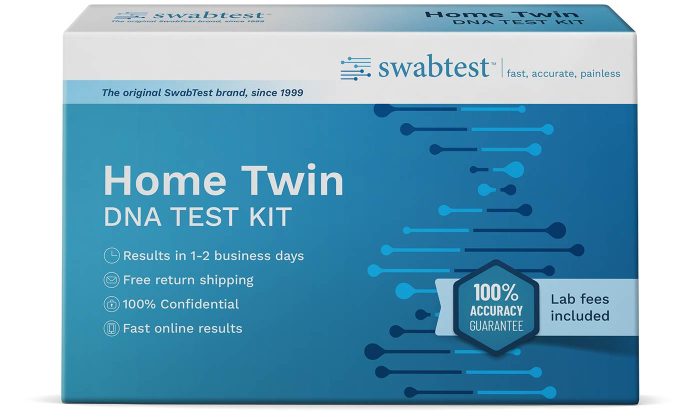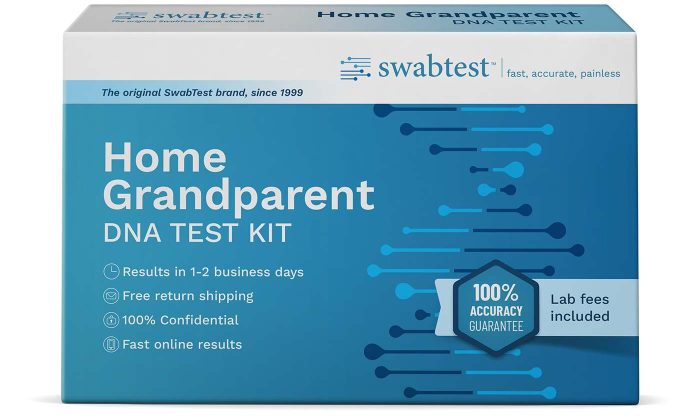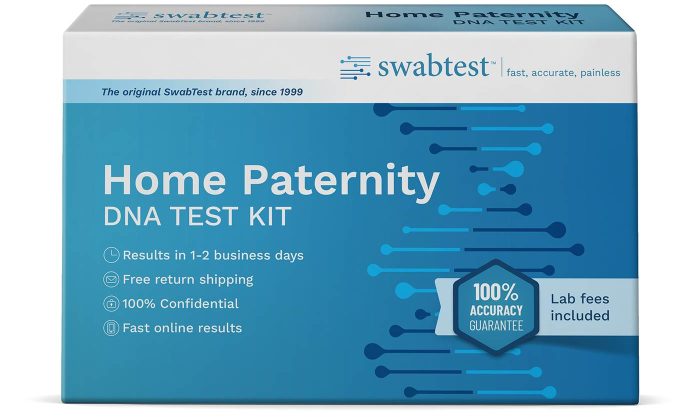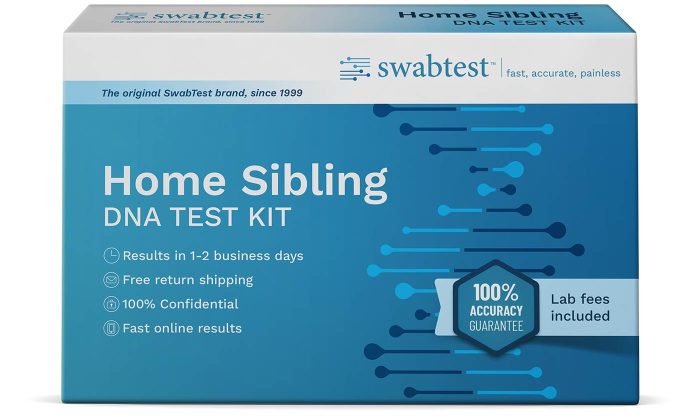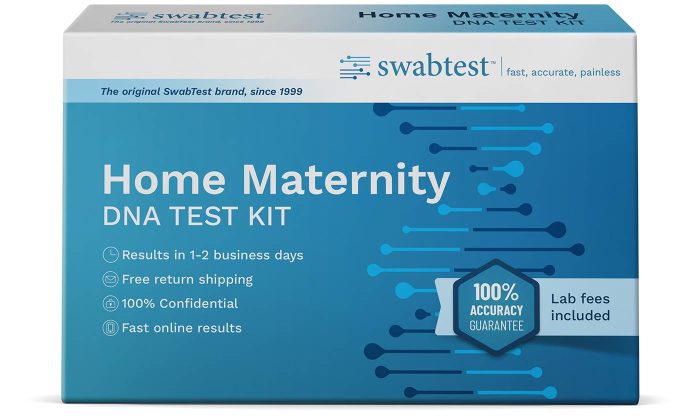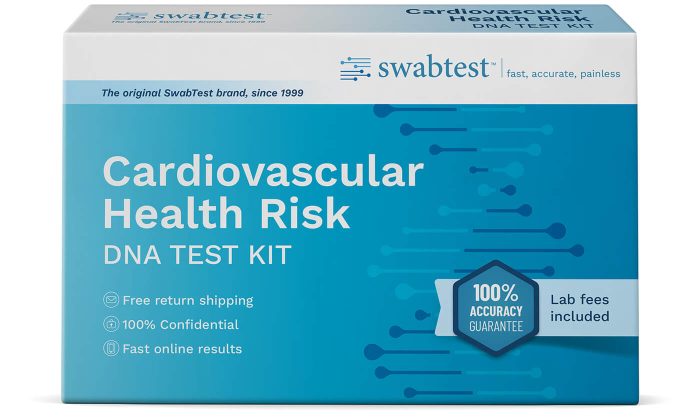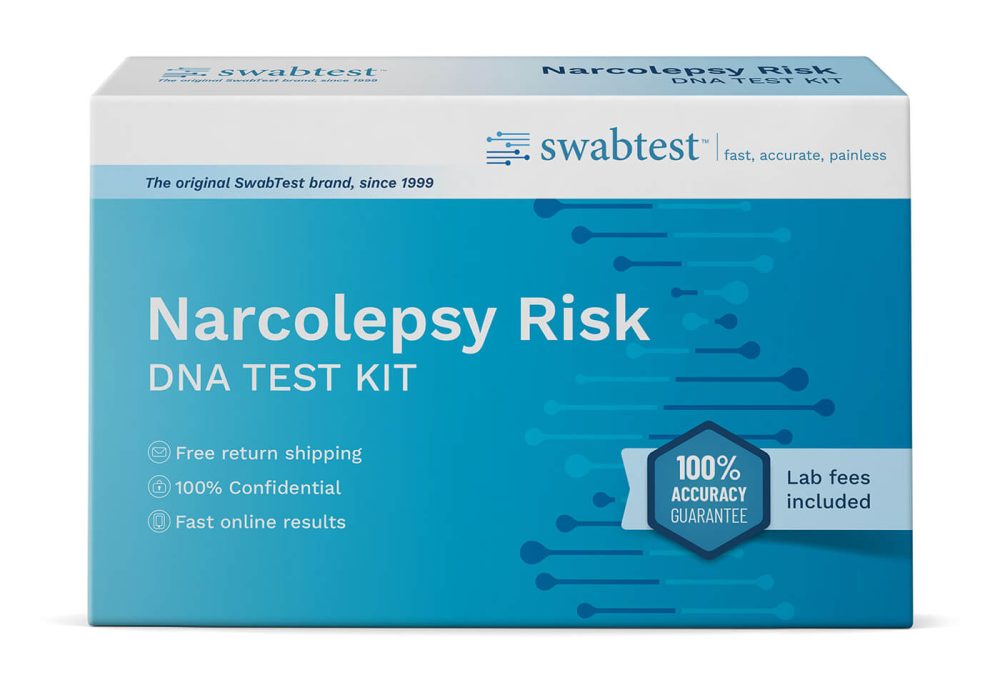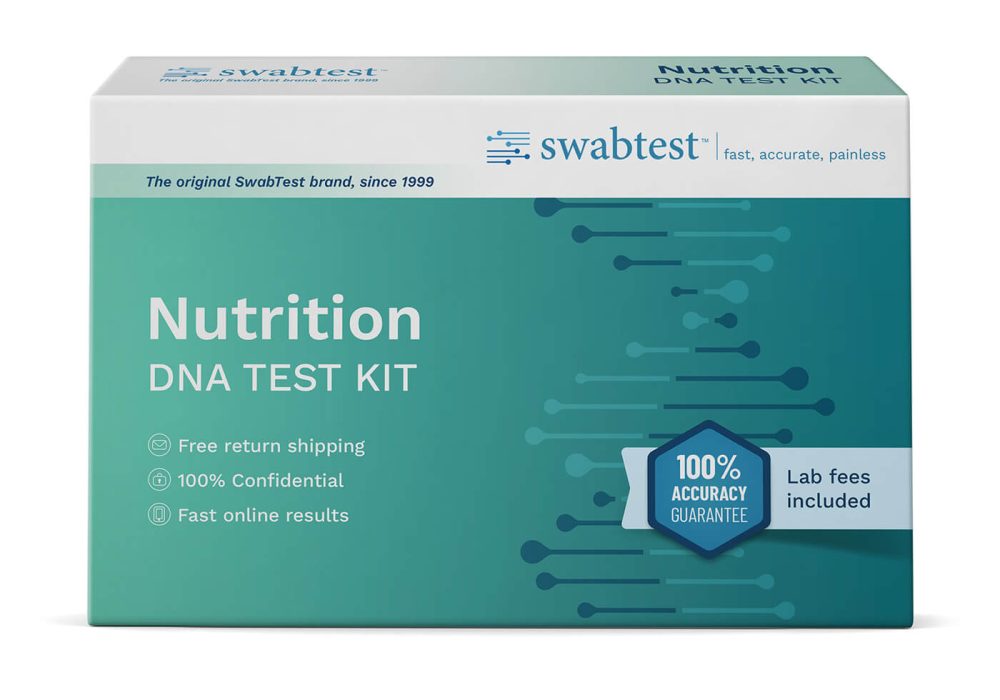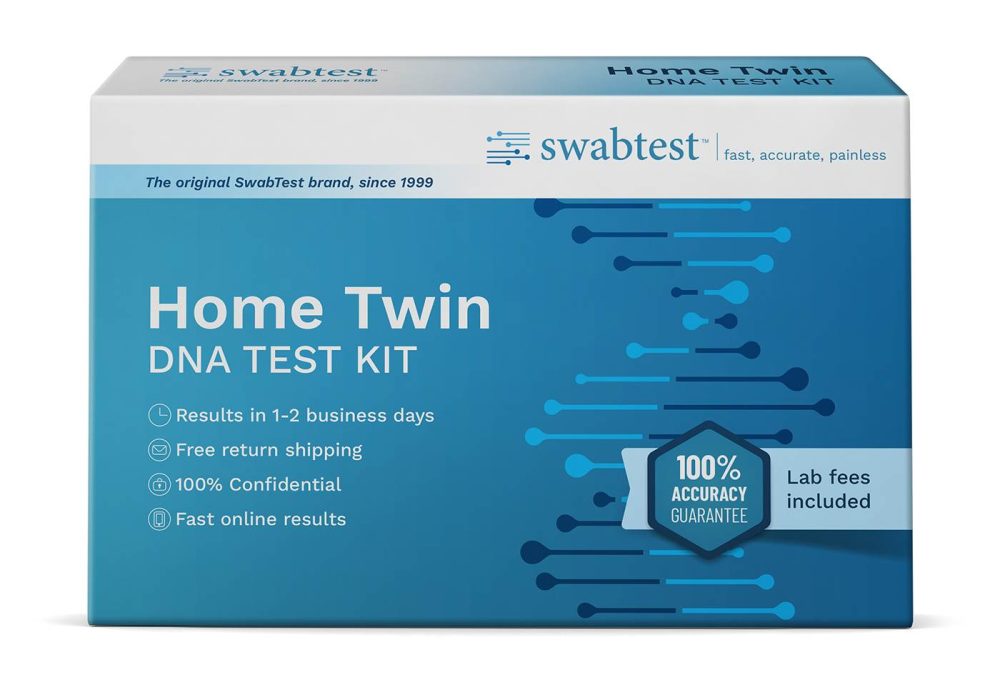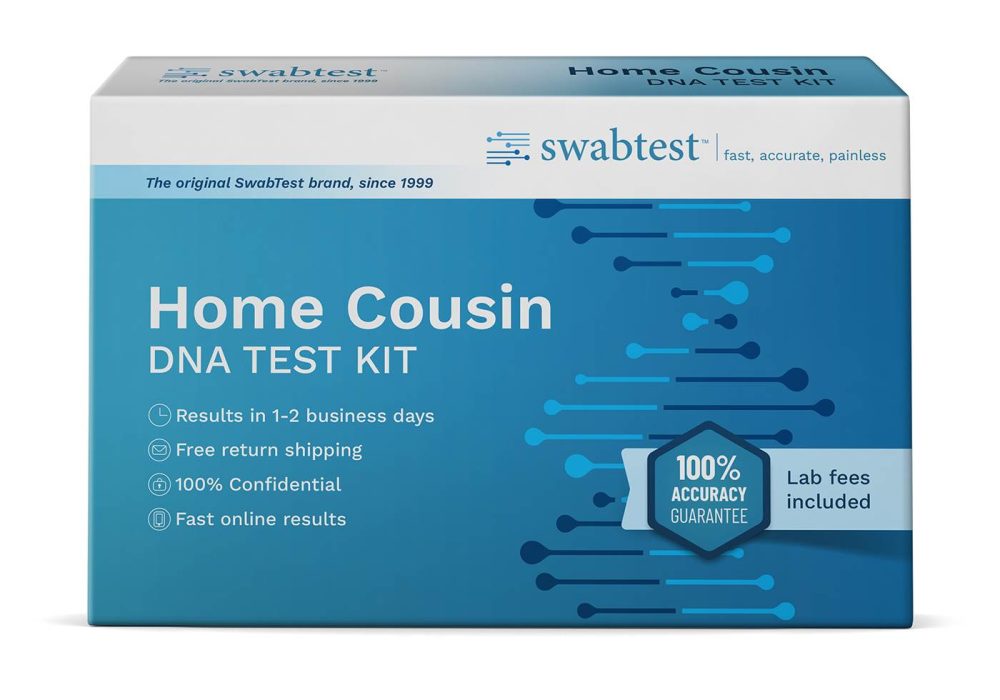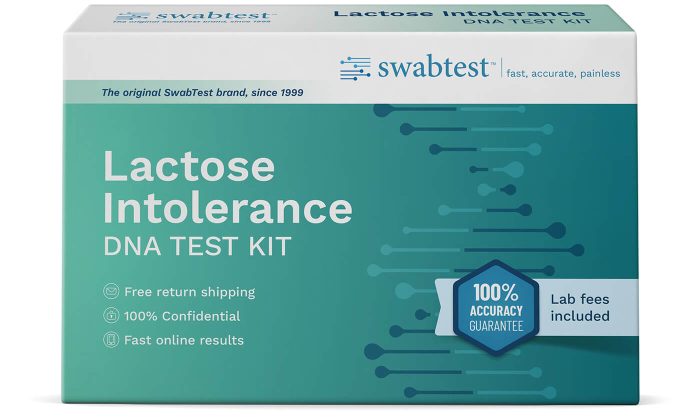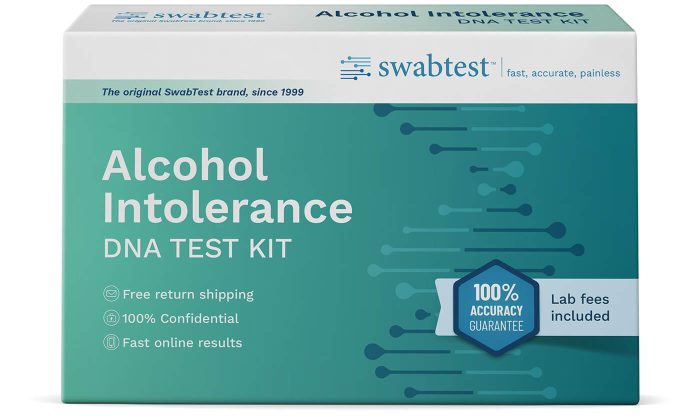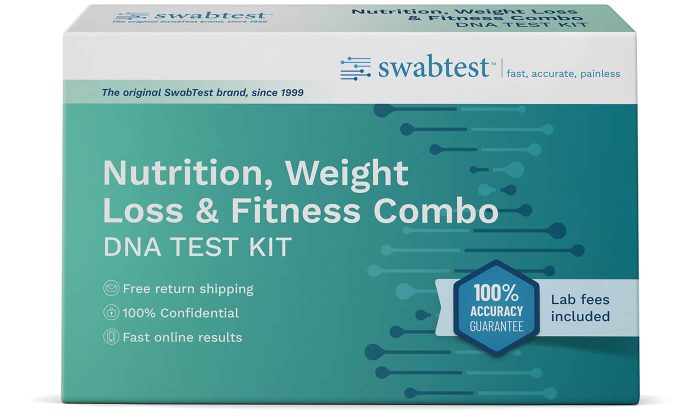DNA Cardiovascular Disease (ApoE) Test
Find out if you have the APOE gene variant influencing the risk of heart disease. This help can also help determine the best approach for lowering your cholesterol levels based on genetics.
- Check ApoE gene linked to heart health
- Understand inherited heart disease risk
- Make informed lifestyle choices
- Simple, At-Home Testing
- 2X testing guarantee
- AABB, ISO17025 & CLIA accredited lab
$195.00
Description
Cardiovascular disease involves the narrowing or the blocking of blood vessels that could lead to heart attack, stroke and chest pain or angina. It is associated with well-known disease risk factors, including diet, physical activity, weight, age, and genetics. Of the genetic risk factors APOE gene is the best predictor of how individuals will respond to cholesterol lowering changes such as dietary changes or statins.
Apolipoprotein E (ApoE) is a protein found in lipoproteins involved in packaging and transporting fats like cholesterol through the bloodstream. The main function of ApoE is to help clear cholesterol and triglycerides from the bloodstream by moving them into cells, where they are processed. The APOE gene provides instructions to make ApoE and there are at least three slightly different versions or alleles of this gene. The three most common alleles are known as 2, 3 and 4 and each produces a slightly different version of the ApoE protein. Individuals with the different versions of APOE have different susceptibilities to health conditions.

Description
Cardiovascular disease involves the narrowing or the blocking of blood vessels that could lead to heart attack, stroke and chest pain or angina. It is associated with well-known disease risk factors, including diet, physical activity, weight, age, and genetics. Of the genetic risk factors APOE gene is the best predictor of how individuals will respond to cholesterol lowering changes such as dietary changes or statins.
Apolipoprotein E (ApoE) is a protein found in lipoproteins involved in packaging and transporting fats like cholesterol through the bloodstream. The main function of ApoE is to help clear cholesterol and triglycerides from the bloodstream by moving them into cells, where they are processed. The APOE gene provides instructions to make ApoE and there are at least three slightly different versions or alleles of this gene. The three most common alleles are known as 2, 3 and 4 and each produces a slightly different version of the ApoE protein. Individuals with the different versions of APOE have different susceptibilities to health conditions.

The genetics
There are three common genetic variants of APOE, e2, e3 and e4. Each variant produces a slightly different form of the ApoE protein. This test detects these variants associated with the risk of cardiovascular disease.
APOE e3: The most common genetic variant. This variant is not associated with the risk of cardiovascular disease
APOE e4: Associated with an increased risk of high levels of LDL-cholesterol and atherosclerosis, buildup of fat in blood vessels
APOE e2: Linked to lower LDL-cholesterol levels. However, this variant is also linked to increased risk of high blood sugar and hyperlipoproteinemia type III, a disorder where fat is not broken down properly and accumulates in the body. Both of these conditions contribute to an increased risk of cardiovascular disease.
APOE variants and risk of heart disease
Studies have observed the following links between APOE variants and cardiovascular disease (CVD)
- Two copies of the e3 allele: Not at increased risk CVD
- One e3 allele and one e2 allele: Not at increased risk of CVD
- Two copies of the e2 allele: Lower LDL-cholesterol, but increased risk of hyperlipoproteinemia type III, which can contribute towards CVD
- One or two copies of the e4 allele: Elevated LDL-cholesterol and increased risk of CVD
APOE variants, diet, and cholesterol-lowering statins
Studies have linked specific APOE variants to whether an individual’s response to diet or statins to lower their cholesterol. We each inherit two copies of the APOE gene, one from each parent. The following variant combinations are linked to diet and statins:
APOE e3/e4 or e4/e4:
Individuals with these variant combinations should consume a low-fat diet as they are unable to metabolise fats effectively. These individuals also do not respond to statins.
APOE e2/e2 or e2/e3:
Individuals with these APOE combination are less effective at metabolizing carbohydrates. They are able to metabolize fats and respond better to statins.
Related Products
Related products
-
Diet & Fitness
DNA Weight Loss Test
$249.00 Add to cartLearn how your genes impact metabolism and weight management.
-
Sexual Health
Chlamydia & Gonorrhea Test
Screen for chlamydia and gonorrhea infections.
$79.00Original price was: $79.00.$49.00Current price is: $49.00. Add to cart -
Shop All
DNA Twin Test
Find out conclusively whether a pair of twins are identical or fraternal.
$271.00Original price was: $271.00.$149.00Current price is: $149.00. Select options This product has multiple variants. The options may be chosen on the product page -
Shop All
DNA Grandparent Test
Determine the likelihood that you’re the true biological grandparent.
$271.00Original price was: $271.00.$149.00Current price is: $149.00. Select options This product has multiple variants. The options may be chosen on the product page
Related products
-
Shop All
DNA Paternity Test
The definitive way to establish paternity for a father and child.
$180.00Original price was: $180.00.$99.00Current price is: $99.00. Select options This product has multiple variants. The options may be chosen on the product page -
Shop All
DNA Sibling Test
Determine the likelihood that individuals are half or full siblings.
$271.00Original price was: $271.00.$149.00Current price is: $149.00. Select options This product has multiple variants. The options may be chosen on the product page -
Shop All
DNA Maternity Test
Confirm whether an alleged mother is the true biological mother of a child.
$271.00Original price was: $271.00.$149.00Current price is: $149.00. Select options This product has multiple variants. The options may be chosen on the product page -
Health & Wellness
DNA Cardiovascular Health Risk Test
$349.00 Add to cartUnderstand your genetic risk for heart-related conditions.
Related Products
$271.00 Original price was: $271.00.$149.00Current price is: $149.00.
$271.00 Original price was: $271.00.$149.00Current price is: $149.00.
Related products
-
Diet & Fitness
DNA Lactose Intolerance Test
$149.00Find out if your genes affect how your body digests dairy.
-
Diet & Fitness
DNA Alcohol Intolerance Test
$149.00Find out if your genes affect how your body processes alcohol.
-
Diet & Fitness
Nutrition, Weight Loss and Fitness DNA Test Combo
$498.00Explore how your genes affect your nutrition and fitness.
-
Sale!
 Out of stock
Sexual Health
Out of stock
Sexual HealthSTD + HIV Test
Screen for chlamydia, gonorrhea, trichomoniasis and HIV infections.
$149.00Original price was: $149.00.$99.00Current price is: $99.00.

